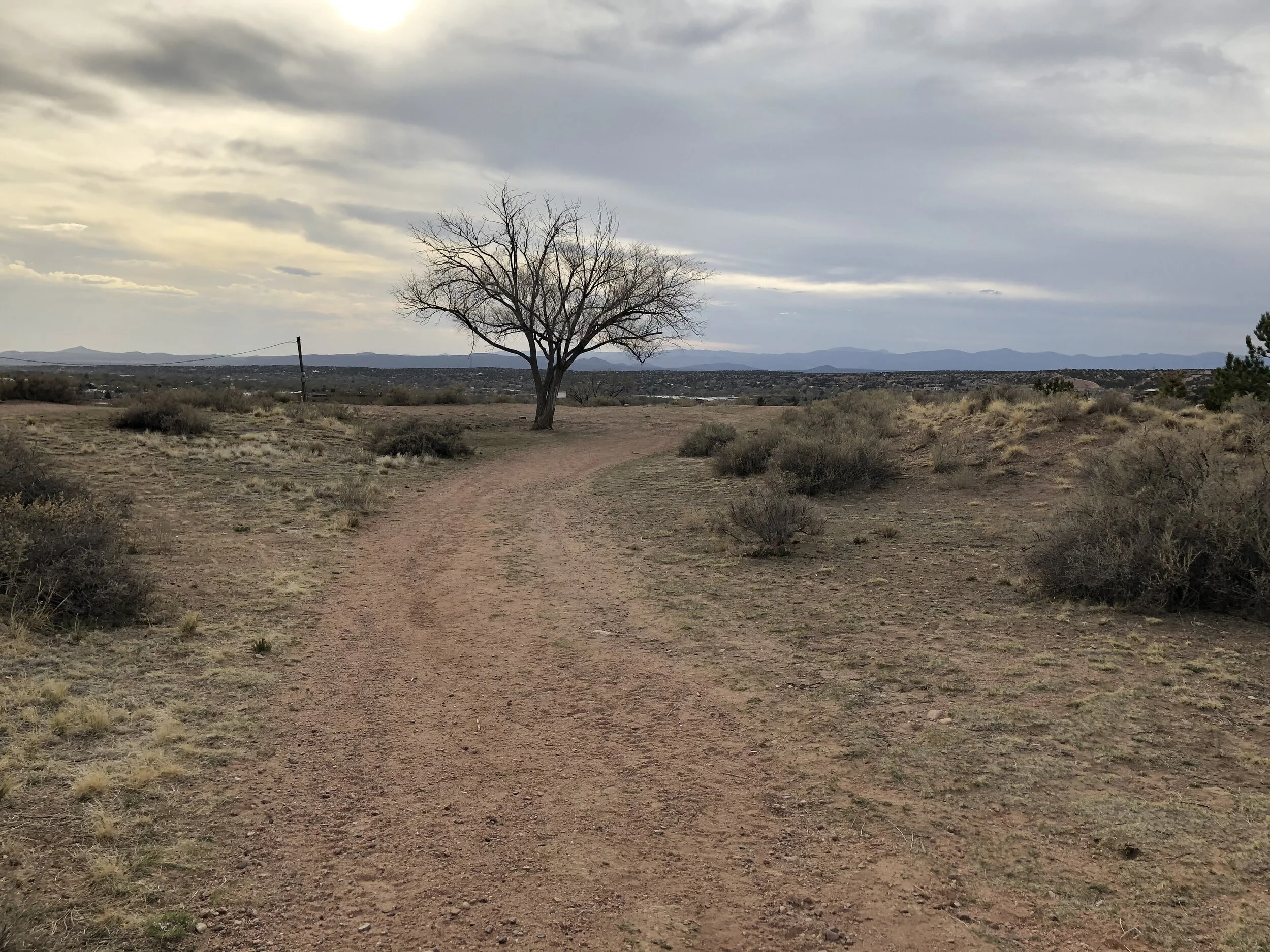Optimization problems
What a waste of good benches to have them all clustered together like that! (Image by Diana Parkhouse)
I’m learning where all of my tulips are.
It’s our first spring in our new home. There weren’t too many daffodils, sorry to say, but the tulips are plentiful. Interestingly, many are hiding in places that I wouldn’t have considered to be garden beds. There’s a few yellow ones in a cluster of weeds along the fence line. There’s a single purplish one in the very corner of the yard in the shade of a giant spruce tree. And there are a few lurking under a sprawling forsythia; most of these didn’t have enough resources to flower.
I will have the choice, at the end of tulip season, to move these little friends elsewhere. Alternatively, I could remove the weeds from these areas that were once cultivated. I could also choose to do nothing.
Options one and two could each take a hundred hours when all parts of the project are factored in. Option three takes zero hours.
And those aren’t my only options. If I want to plant tulips in different areas, I can do that. I can buy them for less than a dollar apiece. But honestly, I don’t really need any. I can see more than twenty tulips from where I’m sitting. I have no tulip scarcity problem. I have an optimization problem.
It is hard for most of us to understand sunk costs. We stay in careers we don’t like because we went to the trouble of getting a related degree. We keep clothing or furniture we don’t like because it cost a lot of money. We finish all of the food on our plate even if we’re not hungry. We finish books we stopped enjoying halfway through. The resources were spent anyway, but we spend our energy and attention amortizing them.
In addition to sunk costs, I often feel the weight of obligation even when it isn’t helping anyone. I imagine these obligations even where they don’t exist and perceive responsibilities that I don’t necessarily have. I follow through on tasks no one cares about or keep up relationships that are better let go. I keep gifts that were given to me by people who are now deceased, even when I don’t want them.
The decisions made by the previous owners of this house during the fifty years they lived here amount to a sunk cost for me. They don’t care what happens because they’re dead, but it still wouldn’t be any of their business if they were alive. The tulips don’t care, either—they don’t have feelings. If I want to, I can enjoy the challenge of moving the tulips to a new area and reestablishing them. And if I don’t want to, I don’t have to. I can continue to enjoy them every April when they emerge in their random places.
It’s not costing me any money or time to leave things as they are. The only thing it costs me is the moment of anxiety as I fret about making the most of what I have. But when I think through the problem, I realize that the best way to make the most of what I have is, in this case, to leave things as they are.
Many times, a false sense of scarcity or responsibility has caused me to get stuck. I consider only material resources like money and inventory instead of intangibles like time, energy, and desire. I get lost in the sunk costs, wanting to finish a project that has little potential. Whenever I’ve been able to let go of the compulsion to optimize what I already have, I have freed myself up to create something far more valuable than I ever would have otherwise.
Our ideas don’t have to be completed in order of how we thought of them. Businesses can be shut down and mediocre investments sold. Fields can lie fallow and the bad flavors of candy can be tossed out. We can quit writing our book and write a different one, or none at all. We can give up, change our minds, try other stuff, change our minds again. It doesn’t necessarily mean we’re fickle or flaky. It might mean we’re growing.
I probably will rescue some of the tulips that are choked by weeds—it might be fun. But it doesn’t have to happen this year. With the time and energy I have, I’d rather start a vegetable garden. And if some of the vegetables go to rot before I can eat them or give them away, I’ll be okay with that. I’m learning that not everything needs to be optimized and maximized.
I bet zucchini bread, the most pointless of all breads, was invented by someone like me.






